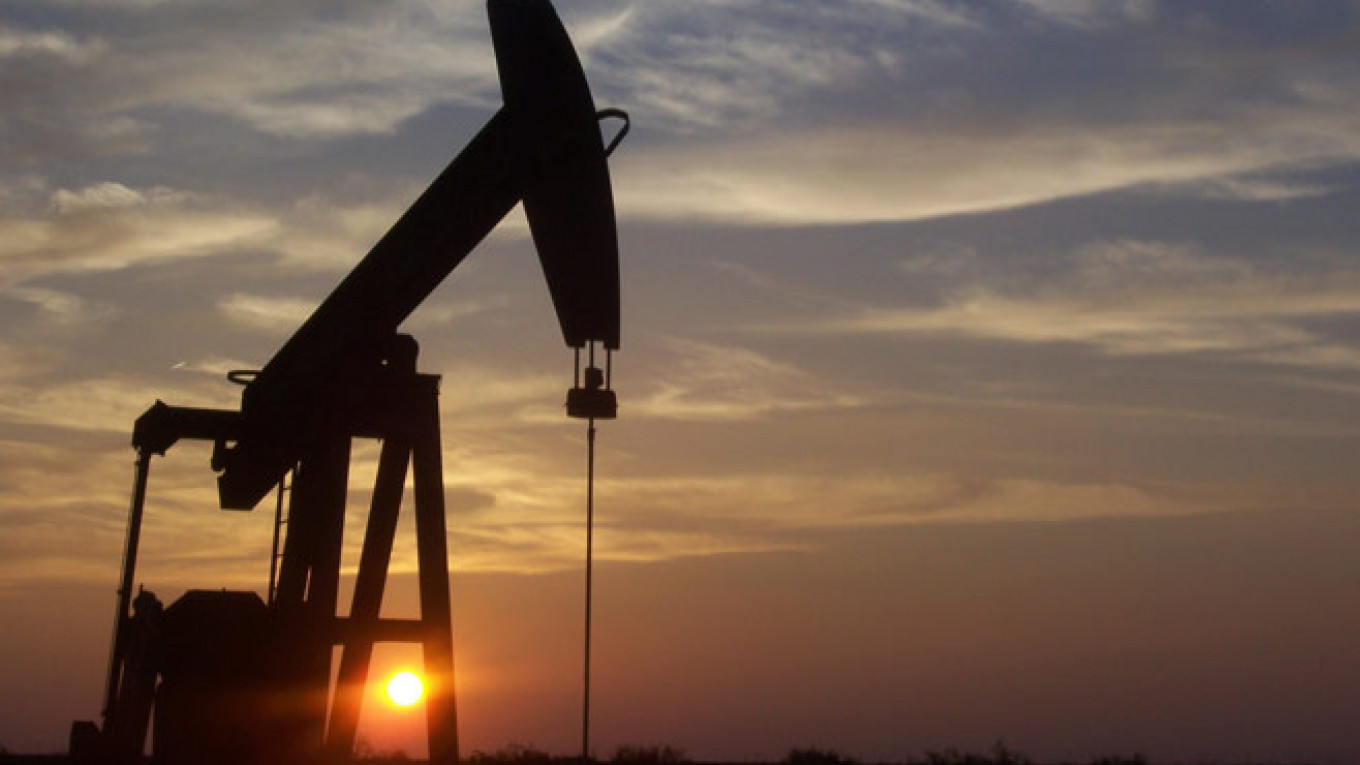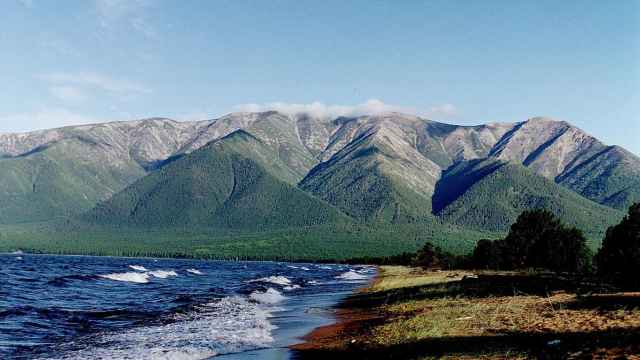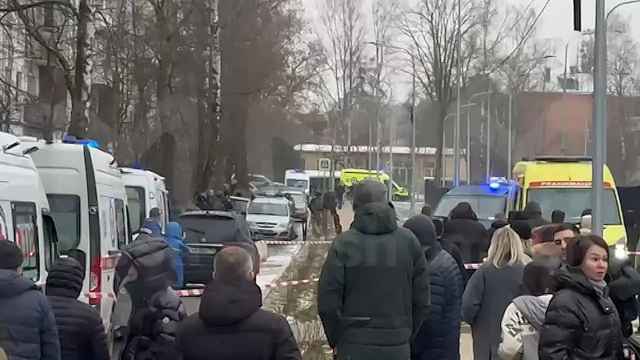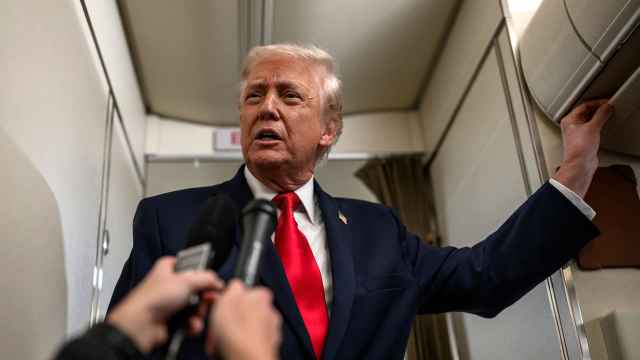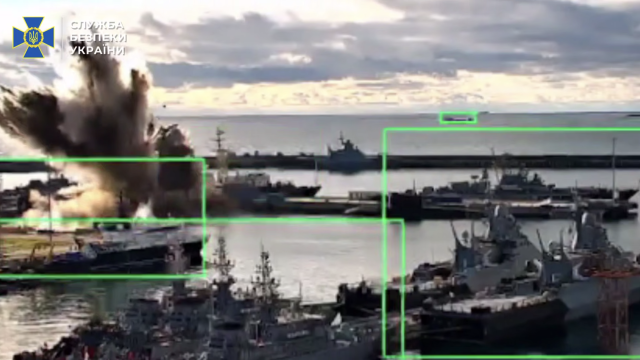Changes proposed by Russia's Finance Ministry for the oil, gas and non-ferrous metals sectors that are under discussion inside the government involve only small, targeted measures, Deputy Prime Minister Arkady Dvorkovich said Tuesday.
The Russian government is seeking additional sources of revenue for its budget, which has been hit by lower oil prices and Western sanctions, but powerful industries have lobbied against higher taxes.
The government has so far rejected calls from the Finance Ministry to raise the mineral extraction tax for oil producers, but it agreed to consider a slower reduction in oil export duty and to discuss changes in gas output taxes.
"We decided to act with precision on oil. The Finance Ministry is proposing considering gas separately, and also separate positions on metals, above all non-ferrous metals," Dvorkovich, who is in overall charge of all these sectors, said at the Reuters Russia Investment Summit.
"No significant changes are being considered. These are all small, targeted measures," Dvorkovich said at the summit, held at the Reuters office in Moscow.
According to Dvorkovich, the Finance Ministry has proposed not cutting an oil export duty to 36 percent from 42 percent next year, as had been previously planned.
Instead, it has other "interim proposals," Dvorkovich said, adding that he would favor something "in between."
He also said that the government wants to tax Gazprom, the state-controlled natural gas producer, more, rather than so-called independent gas companies.
"We are talking only about Gazprom, so, others should not worry, I hope," he said, adding that the government is discussing changes in mineral extraction tax for gas, and gas export duty.
Taxes for Non-Ferrous Metals and Wheat
The Finance Ministry's proposal on tax changes for the non-ferrous metals sector is related mainly to nickel giant Norilsk Nickel, Dvorkovich said.
"I am not sure that the finance ministry's proposal should be implemented in full," he said.
Russia's budget could receive an additional 12 billion rubles ($182 million) from Norilsk in 2016 due to a change in the mineral extraction tax, a source in the finance ministry told Reuters on Monday.
"I think that's the maximum [level] of what can be discussed, and even then, it's a question," Dvorkovich said.
Asked whether the government was considering export duties for fertilizer producers, Dvorkovich said that the idea has been constantly under discussion, but there was no need to impose such taxes unless producers hike prices.
The Russian government has proposed cutting its floating wheat export tax from Oct. 1 and exempting durum wheat from the levy, but the decision is yet to be finally approved by Prime Minister Dmitry Medvedev.
Dvorkovich said Medvedev is expected to make the final decision on the wheat duty on Tuesday.
A Message from The Moscow Times:
Dear readers,
We are facing unprecedented challenges. Russia's Prosecutor General's Office has designated The Moscow Times as an "undesirable" organization, criminalizing our work and putting our staff at risk of prosecution. This follows our earlier unjust labeling as a "foreign agent."
These actions are direct attempts to silence independent journalism in Russia. The authorities claim our work "discredits the decisions of the Russian leadership." We see things differently: we strive to provide accurate, unbiased reporting on Russia.
We, the journalists of The Moscow Times, refuse to be silenced. But to continue our work, we need your help.
Your support, no matter how small, makes a world of difference. If you can, please support us monthly starting from just $2. It's quick to set up, and every contribution makes a significant impact.
By supporting The Moscow Times, you're defending open, independent journalism in the face of repression. Thank you for standing with us.
Remind me later.


